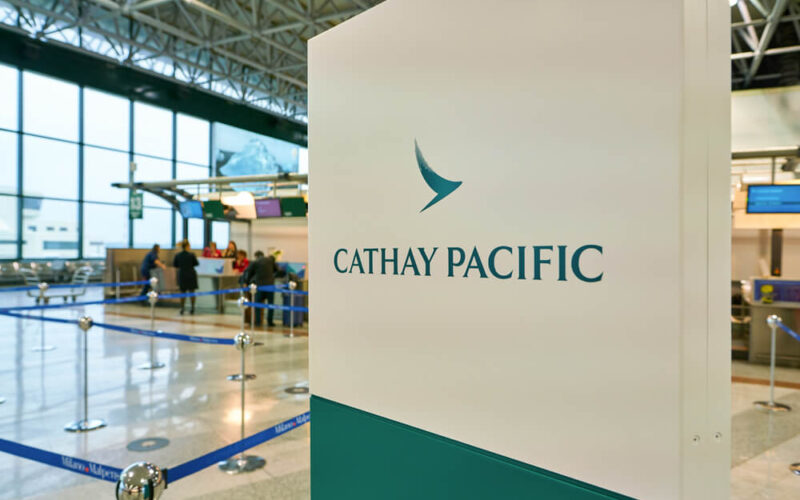As protests in Hong Kong continue, China appears to be further clamping down on Cathay Pacific. After the Civil Aviation Administration of China (CAAC) ordered the airline to submit information on the flight crews that will operate within China’s airspace due to “safety concerns”, now Cathay Pacific was allegedly forced to make changes in the Board of Directors. Rupert Hogg, the Chief Executive Officer of the company, and the Chief Customer & Commercial Officer, Paul Loo have been replaced by Augustus Tang and Ronald Lam, respectively. Mandy Ng will replace Ronald Lam as the CEO of Hong Kong Express, the low-cost subsidiary of Cathay Pacific.
Cathay’s Board of Directors “believes that it is the right time for new leadership to take Cathay Pacific forward”, even though both Hogg and Loo were announced as the management that would lead the airline’s “three-year corporate transformation programme” back in April 2017. The transformation program, which is due to be completed by the end of 2019, has produced fruitful results – Cathay Pacific managed to achieve a net profit in 2018 for the first time since 2015 and has steadily grown in H1 2019. The company reported a net profit of $172 million (HK$1,347 billion).
Rupert Hogg, the departing CEO, commented that “these have been challenging weeks for the airline and it is right that Paul [Paul Loo – ed. note] and I take responsibility as leaders of the company”. The chairman of the company, John Slosar noted that the recent events “have called into question Cathay Pacific’s commitment to flight safety and security and put our reputation and brand under pressure”, thus it was “time to put a new management team in place who can reset confidence and lead the airline to new heights”. Reportedly, both Hogg and Loo were forced out of the company after CAAC called up Merlin Swire, the chairman of Swire Pacific and explained to him that management changes had to come at the airline group. Swire Pacific is the biggest shareholder of Cathay Pacific.
Cathay Pacific already had to change its stance on the protests: from John Slosar saying that the airline “wouldn‘t dream of telling them what they [Cathay Pacific employees – ed. note] have to think about something”, to Cathay Pacific officially stating that the Hong Kongese carrier “is deeply concerned by the ongoing violence and disruption impacting Hong Kong” and condemns “all illegal activities and violent behaviour”. The airline fired two pilots in accordance to the CAAC’s “safety risk warning”. It seems like the protests will also hit the airline financially, as the events in Hong Kong are “adversely impacting forward bookings”. Furthermore, Cathay Pacific had to cancel a total of 272 flights, which affected more than 55,000 passengers, as protestors assembled at Hong Kong International Airport (HKG) on August 12 and 13.
And now, with the changes within the Board to comply with China’s wishes, as reported by SCMP, Cathay Pacific might need to look back at the drawing board once more to ensure profitability. While the previous management laid out great foundations as it reduced the group’s expenses and stabilized the group’s finances, the changes and the ongoing protests might negate all the positive work that has been done over the past two years.

